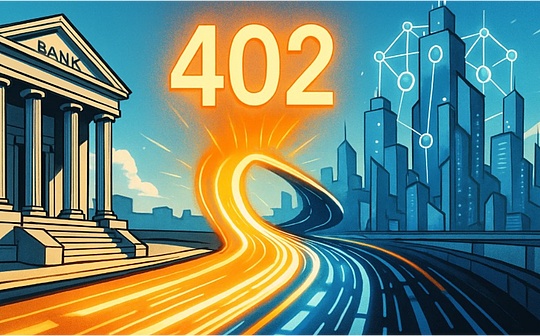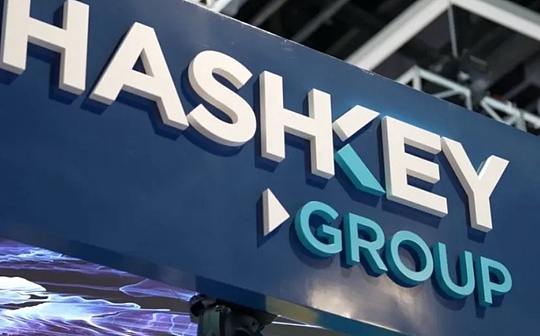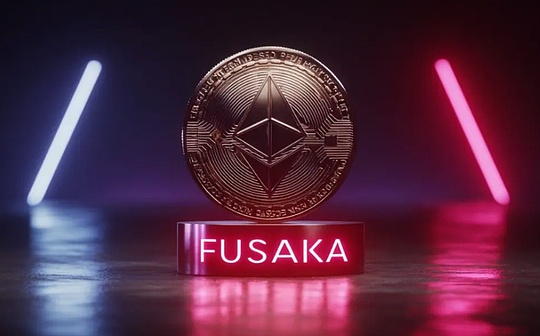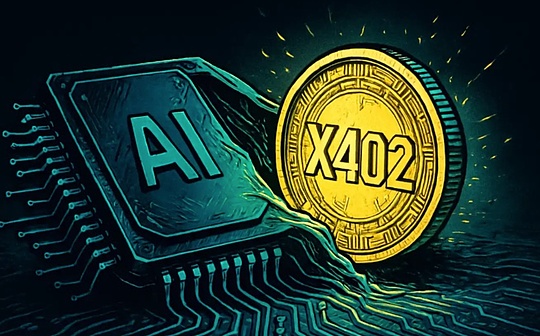
Author: bitfinex Source: Bitfinex official website translation: good Ouba, Bitt chain vision world
VANECK and 21Shares announceThey are applying for listing Solana ETF, which has caused a strong response in the encrypted community. Solana’s frompriceSo soaring.This proposal is of great significance because it can bring more institutional investment and mainstream recognition to Solana. Solana is a blockchain known for its high trading speed and low cost.ETF’s approval will make Solana easier to be accepted by traditional investors, which may increase demand and liquidity.However, even if the ETF has not been approved, the proposal itself highlights people’s interest in the selection of encrypted investment outside Bitcoin and Ethereum, indicating that the acceptance of various digital assets is getting higher and higher.
Will Solana ETF be approved?
Recently, the proposal about Solana ETF has caused widespread discussion in the encrypted community.The proposal aims to launch a spot ETF to track the performance of the blockchain (SOL), known for its high trading speed and low cost.This measure is considered a notable move that may bring more institutional attention and investment to Solana.After the news was announced, the price of Solana soared immediately, reflecting the optimism of the market.However, despite exciting, the possibility of the ETF obtained by the US Securities and Exchange Commission (SEC) is still very low, especially the current regulatory environment.
The potential benefits of Solana ETF are huge.First of all, it will provide those who want to contact Solana without having to buy and manage cryptocurrencies that are easier to access.This may lead to an increase in demand and liquidity in Solana.In addition, the launch of Solana ETF can confirm that Solana and Bitcoin and Ethereum are tied as the main blockchain position, which may promote the further adoption and development of its ecosystem.This also marks the continuous acceptance of the mainstream financial market’s acceptance of various encrypted assets.
The unfavorable side is that the approval of Solana ETF faces several obstacles.SEC has always been cautious about the approved ETF based on cryptocurrencies, mainly due to concerns about the market manipulation and the lack of supervised futures markets.Unlike Bitcoin and Ethereum, they have futures products before considering their respective ETFs, and Solana currently lacks such infrastructure, which makes its ETF proposal more challenging.In addition, Solana’s past network interruption may trigger more concerns about its reliability and stability, which may affect the SEC decision.
The overall response to the Solana ETF proposal highlights the complex emotions within the encryption industry.Although some people think that this is a good news and may pave the way for more encrypted ETFs, others still have a doubt about the approval of the proposal in the current regulatory environment.If it is approved, the ETF may create a precedent, causing a wave of similar products of other cryptocurrencies.However, this depends on major regulatory changes, which may be affected by political changes in the next year.Therefore, the encrypted community still maintains a cautious and optimistic attitude and recognizes future opportunities and challenges.
Although the ETF of Bitcoin and Ethereum has recently been approved, solana ETF is still uncertain
Although the Bitcoin and Ethereum ETF have been recently approved, the regulatory environment of cryptocurrencies in the United States is still fragmented and uncertain.Different regulatory agencies, such as the US Securities and Exchange Commission (SEC) and the Commodity Futures Trading Commission (CFTC), continue to controversy the correct classification of jurisdiction and encrypted assets.The US Securities and Exchange Commission’s position is particularly aggressive. It is often marked with various tokens as securities, while the Commodity Futures Trading Commission has promoted a wider definition and regards some cryptocurrencies as commodities.This continuous conflict has caused a vague regulatory environment, making it difficult for stakeholders to understand the rules, and it is difficult for projects to ensure compliance.This has led many encrypted projects to seek more favorable judicial jurisdictions, which is easier to control the supervision environment, triggers discussions on regulatory, and become a hot topic in the current American political discourse.
An important controversy is whether certain assets are regarded as securities based on US law.The method of the US Securities and Exchange Commission usually depends on Haowei’s test. The test determines whether the assets are eligible for investment contracts.However, this test is not consistent with the application of digital assets, leaving a gray area, which exacerbates uncertainty.This inaccuracy extends to the concept of “full decentralization”, and regulators use this term to avoid securities laws of certain assets.The standard for constituting full decentralization is very vague, and the application is uneven, which causes market participants to be confused and hinders the development of the coherent regulatory framework.
The fuzzyness of regulatory definition and execution has a significant impact on the approval of Solana ETF.In view of the innovation and complexity of Solana, including its high transaction speed and decentralized ecosystem, it is unclear how regulators will classify the assets.SEC is cautious and sometimes arbitrarily applying securities laws for different cryptocurrencies, which adds a layer of unpredictable.If Solana is considered not to be decentralized, or it belongs to the extensive definition of SEC in securities, the opportunity for ETF to be approved will be greatly reduced.
This kind of regulatory ambiguity may hinder institutional investors and adopt obstacles to a wider range of markets.Investors need to make clear and predictable regulations to make wise decisions and reduce risks.Continuous judicial disputes and the lack of clear guidance guidance for securities or enough decentralized assets have weakened people’s confidence in the supervision process.Before these problems are resolved, the approval of Solana ETF and similar financial products focusing on encrypted assets is still uncertain, which may kill innovation and slow down the speed of the integration of digital assets into the mainstream financial market.
What impact would it have if Solana ETF was approved?
If Solana ETF is approved, it may have a significant and multi -faceted impact on the cryptocurrency market and a wider financial pattern.First, it may promote the increase in interest and investment in Solana.ETF is a popular investment tool among institutional investors, because they have the ability to supervise and supervise, be convenient for transactions, and be able to integrate existing investment strategies.The approved Solana ETF will provide a direct way to contact Solana for institutional investors without directly managing basic assets.The influx of institutional capital may improve market stability and liquidity. As demand increases, the price of SOL may be pushed up.
Secondly, the approved Solana ETF can improve the credibility and legitimacy of Solana blockchain in a wider traditional financial community.Just as the approval of Bitcoin and Ethereum ETF will help consolidate its position as a mainstream financial asset, Solana ETF will marked the recognition and recognition of regulators.This may encourage more conservative investors to consider adding Solana to their investment portfolio, which have been reluctant to invest in cryptocurrencies due to uncertain supervision.It can also inspire other blockchain projects to seek similar regulatory paths and promote greater innovation and adoption in the entire industry.
The impact on a wider range of cryptocurrency markets may also be far -reaching.The approval of Solana ETF may create a precedent for the approval of ETFs based on Bitcoin and Ethereum.This may lead to surge based on cryptocurrency ETFs, provide investors with wider choices, and further integrate cryptocurrencies into the traditional financial system.In addition, as the project strives to meet the higher standards of institutional investors’ expectations, the intensification of competition between different blockchain platforms may stimulate technological progress and the improvement of scalability, security and user experience.
However, the approval of Solana ETF does not have no potential negative effects.Regulatory review may be strengthened, which may lead to stricter supervision and compliance requirements, thus killing innovation.Advanced supervision may mean the end of the explosive growth of Solana Memecoin, which is extremely unstable, and may occur such as providing more supervision or AML/KYC in the implementation of AML/KYC in Solana DEFI products.Pay attention to the approval of regulatory approval may disperse the decentralization of people’s decentralization and the core spirit of community -driven development of the cryptocurrency ecosystem.With the continuous development of the industry, the benefits of balanced mainstream and the need to maintain the basic principles of blockchain technology are crucial.








